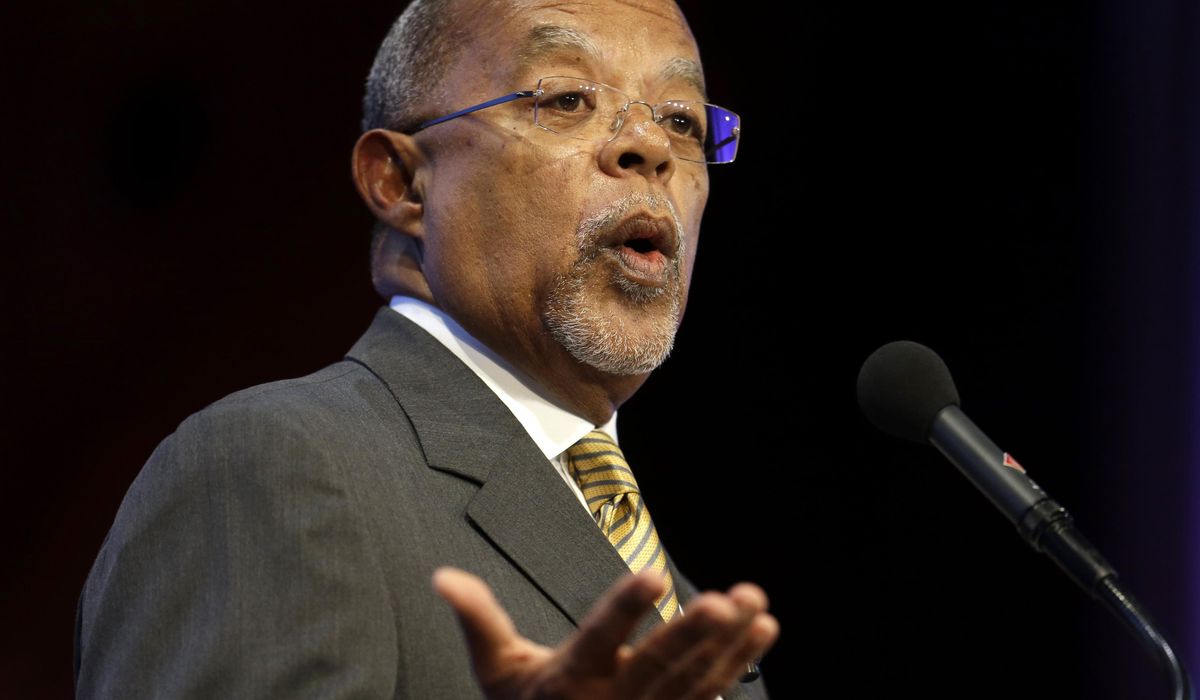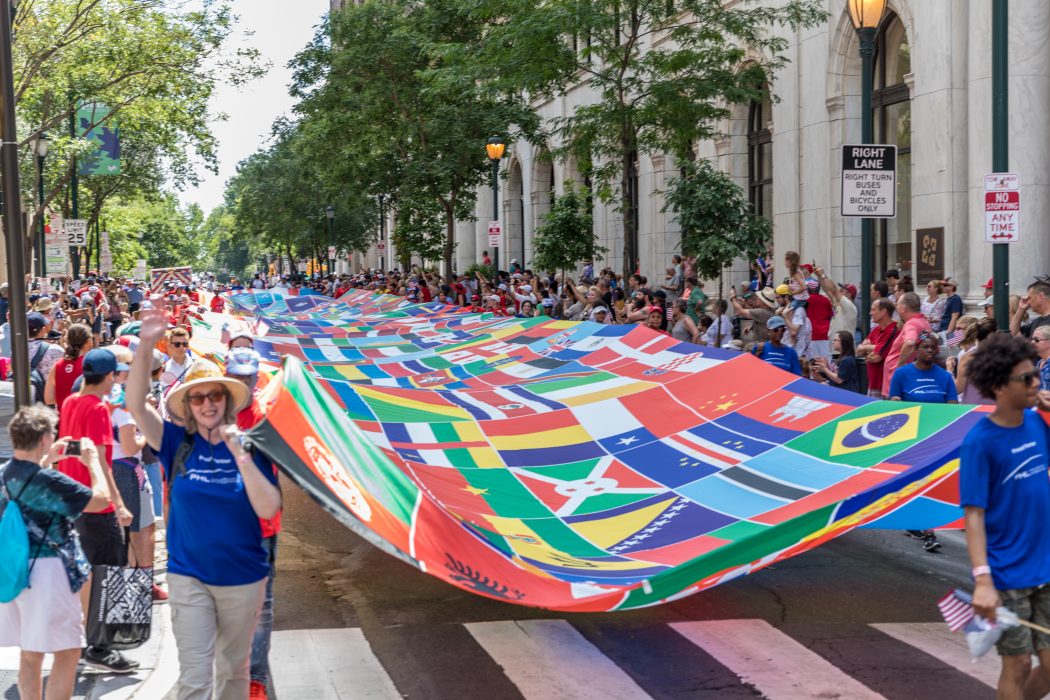
For to read deeply is to appreciate how the book has come to be, in its entirety. | Photo Credit: Getty Images
You have to sympathise with the Finnish translator working on Catch-22 back in 1962 who wrote to Heller, “Would you please explain me one thing: What means Catch-22?” The gentleman had looked up dictionaries, he had sought out the help of the U.S. air attaché in Helsinki. But remained clueless
The dictionary loaded on my laptop defines Catch-22 as “a dilemma or difficult circumstance from which there is no escape because of mutually conflicting or dependent conditions”. It also adds the origin of the phrase: “1960s: title of a novel by Joseph Heller (1961), in which the main character feigns madness in order to avoid dangerous combat missions, but his desire to avoid them is taken to prove his sanity.”
So, you have to sympathise with the Finnish translator working on the book back in 1962 who wrote to Heller, “Would you please explain to me one thing: What means Catch-22?” The gentleman had looked up dictionaries, he had sought out the help of the U.S. air attaché in Helsinki. But remained clueless. The meaning we now derive from the phrase drawn from the book; the book came first, then the popular interpretation of the phrase. As Rebecca Lee recounts this incident in How Words Get Good: The Story of Making a Book (Profile Books, ₹1,220 Kindle edition), Heller concluded, “I think in Finland the book will lose a great deal in translation.” We can only hope that wasn’t the case, and the Finnish translator found a way around his bafflement, which was, in effect, the entire point of the phrase.
Lee, an editorial manager at Penguin Random House with two decades in publishing, provides a detailed, witty overview of not just how a book proceeds from an idea to the volume in the reader’s hand — the commissioning of the book, editing, etc. She also makes a solid case for understanding how we read. For to read deeply, is to appreciate how the book has come to be, in its entirety.
As we are seeing currently with Geetanjali Shree sharing the International Booker Prize for Tomb of Sand with Daisy Rockwell, who translated it from the Hindi original, Ret Samadhi, the process of translation specifically is rightfully in the news.
Freedom deepened by persuasion
In this, it’s interesting to see translation as part of a package that Lee calls, in the last third of her book, “how words get free”. Translation allows a book to find readers outside of the subset defined by the language of the original. This freedom, she argues, is also deepened by persuasion: through blurbs and covers that interest readers, through typography, footnotes (Lee adores them), margins, typeface. Each aspect has its experts, its history, and its fascinating anecdotes.
On the blurb, for instance. In the early days of the COVID-19 pandemic, writes Lee, when bookstores opened after the first lockdown, many discouraged browsers from picking up books they were not seriously considering buying. So instead of displaying books by their covers, they turned the books around, so the customers saw the back covers. Browsers got to judge a book by its blurb, as it were. That restriction, thankfully, did not last. But it does bring to Lee’s mind J.D. Salinger’s book contracts that only the title and his name be on the cover, “absolutely no images... quotes, blurb or biography”. And it also makes you wonder at the dilemma that would have been faced by adherents of Marshall McLuhan’s reported rule of the thumb — mentioned elsewhere by Lee — that if you are not sure whether to buy a book, turn to page 69, and judge the book by it.
In the end, unsurprisingly, Lee makes a case for the physical book. Should she like a book she’s read on an e-reader, she goes and buys a physical copy too, for she invests “more meaning and value in the printed word”. And she warns that books downloaded on e-readers are never really yours hereafter: “On an e-reader, you can only license and hire words.” Under specific circumstances, you may lose access to them.
There are yet greater threats to always guard against. Lee’s citation of the horrific Nazi book burning of 25,000 volumes deemed “un-German” in May 1933 frames the case for protecting and appreciating the book-making process beyond getting the printed copy into the reader’s hands. At the site of that crime, in Berlin, this quote by Heinrich Heine is engraved: “Where they burn books, they will, in the end, burn human beings too.”
mini.kapoor@thehindu.co.in


